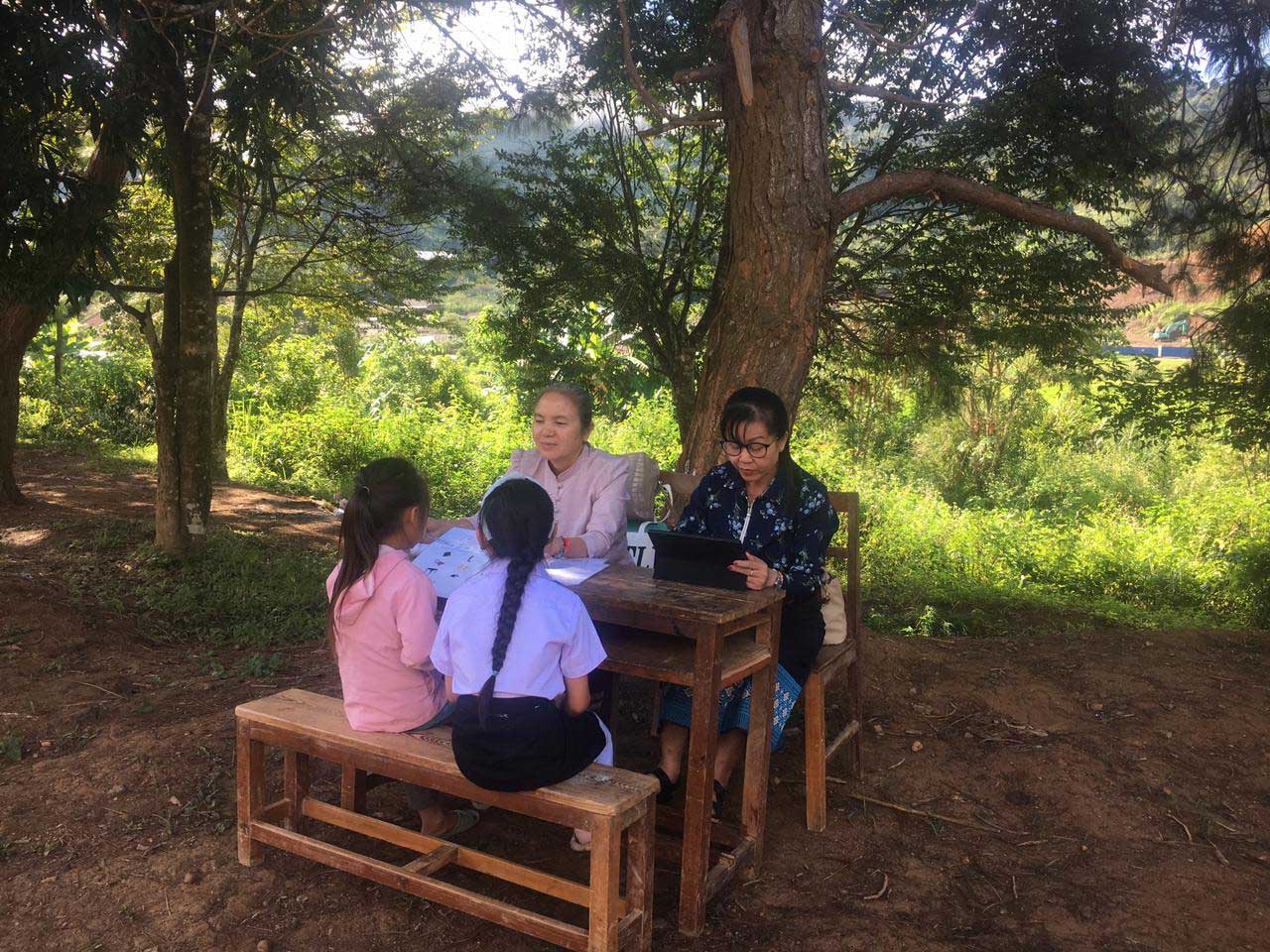
Ajan Phonsesiri Outthaivanh and Ajan Khamvern Phanmala conducting the baseline testing
The tests will serve as a baseline to assess the impact of the revised Spoken Lao Program
During September enumerators from the Ministry of Education and Sports (MoES) of Lao PDR completed testing of grade one students’ Lao language skills in 21 selected districts across 10 provinces. The enumeration team was made up of staff from the Research Institute for Educational Sciences, the Department of Teacher Education, the Department of General Education, Dongkhamxang Teacher Training College and Vientiane upper secondary schools. The testing was carried out with support from the Australian government and the United States Agency for International Development (USAID) through the Basic Education Quality and Access in Lao PDR (BEQUAL) program.
Results from the testing will assist MoES to evaluate the Spoken Lao Program, which aims to improve the Lao language skills of ethnic students who speak a language other than Lao at home. The Spoken Lao Program (SLP) was scaled up following successful piloting in 7 districts in 2021-22 and is now being trialled with grade one students in 105 schools across 21 districts throughout the 2023 – 2024 school year. The program involves teachers providing an additional three to four hours of Lao language lessons each week, with a focus on improving students’ speaking and listening skills. Strong speaking and listening skills in Lao are a foundation for developing strong reading and writing skills, and for achieving success across all school subjects.
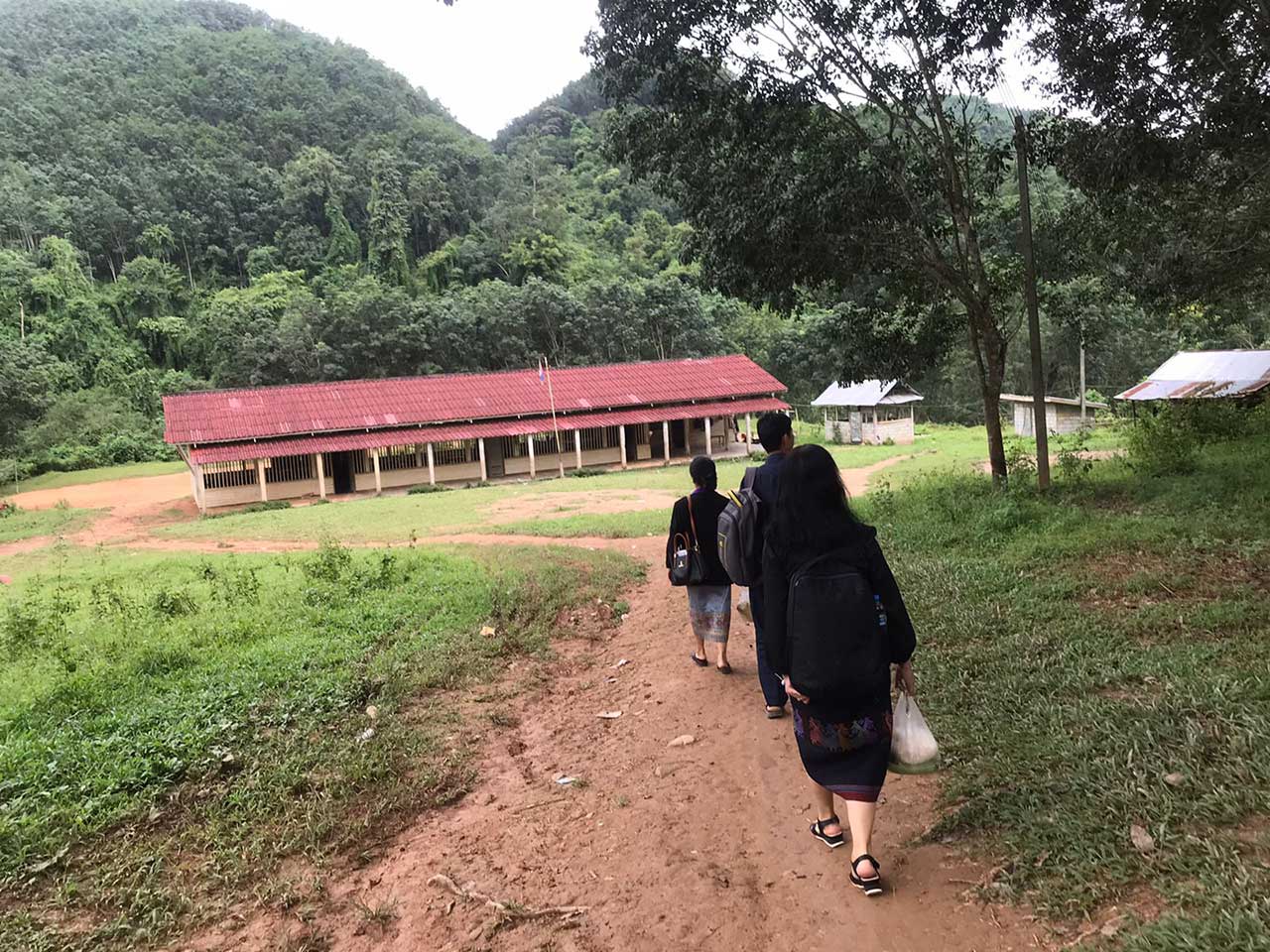
The enumerators team visiting a remote school
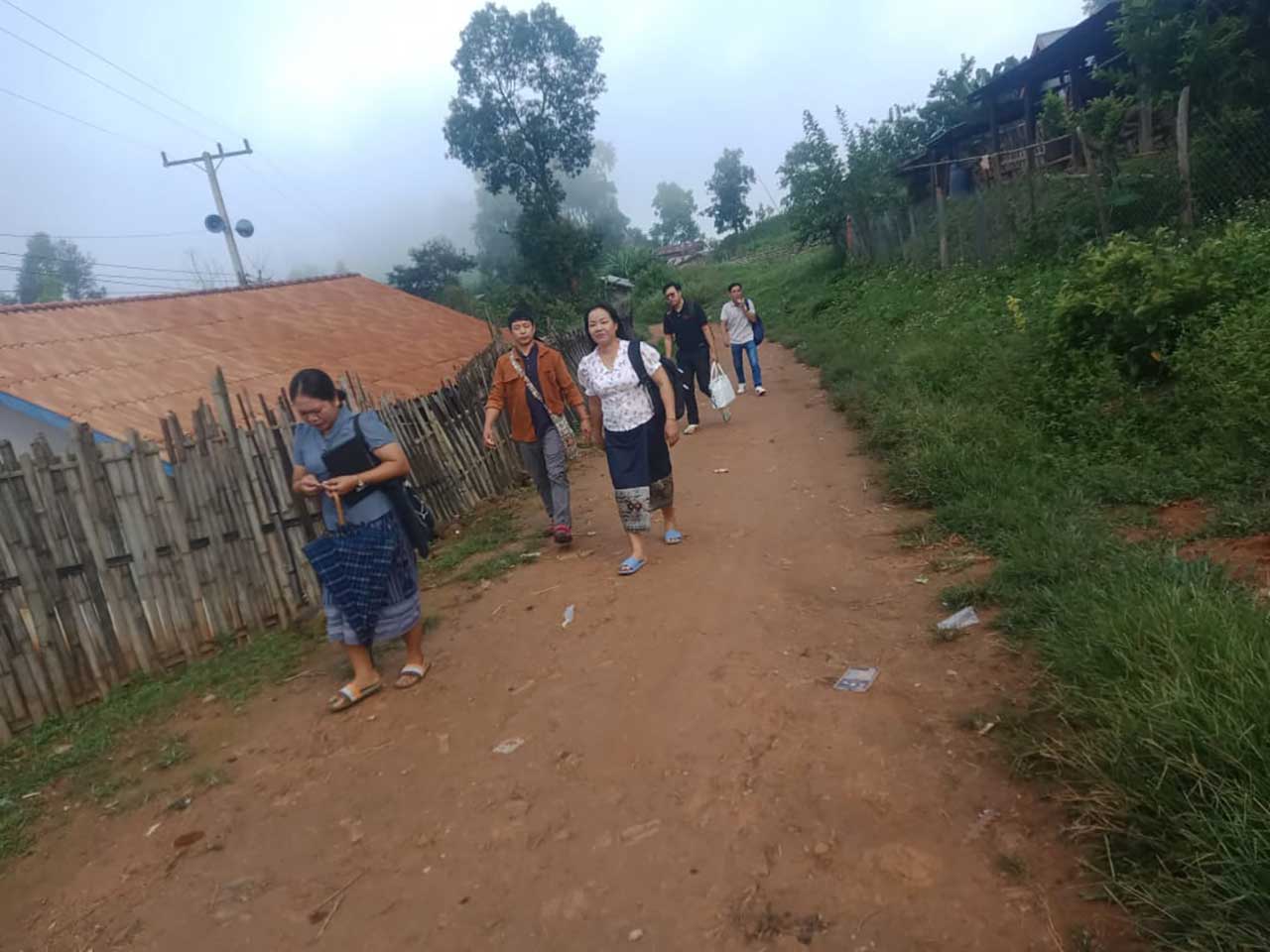
Some of the selected schools are accessible only by walking
In each of the 21 Spoken Lao target districts, three schools participating in the Spoken Lao Program were selected for testing, with eight students in each school being tested for speaking, listening, reading and writing skills. This test will identify students’ level of Lao language proficiency before they participate in the program. For each of the three schools where students were tested, a similar school which is not participating in the Spoken Lao Program was also selected. Eight students at each of these non-participating schools were given the same tests. At the end of the Program, students at the participating schools and non-participating schools will be tested again, and the results will be compared in order to identify whether students who studied Spoken Lao showed greater improvement in their Lao language skills than students who did not study Spoken Lao.
Ajan Phonsiri Outthaivanh, Deputy Head of the Research Centre for Teaching Lao Language to Ethnic Students at RIES explained: “There were many challenges in carrying out the testing at this time of year in some of the most remote villages in Laos. Many of the testing teams had to travel on flooded or damaged roads and some of the teams even had to walk in the rain in order to reach the schools, but we were committed to carrying out this important work because it’s crucial for us to collect information on the effectiveness of the Spoken Lao Program.” Dr Angela Cincotta-Segi, a technical adviser from BEQUAL who is supporting RIES to implement the Program added: “The commitment of the staff from the Ministry of Education, Provincial and District Education officers, and the teachers and principals at the schools was truly commendable. The testing teams also got a very warm welcome at every school they reached. It’s clear that teachers and communities see the value of the Spoken Lao Program for improving learning outcomes for children who start school not yet able to speak Lao.”
Results from the final testing at the end of the 2023 – 2024 school year will contribute to the evaluation of the Spoken Lao Program. The Ministry of Education and Sports will then decide how to expand the program to other districts and provinces across Laos.

Students sitting for the test
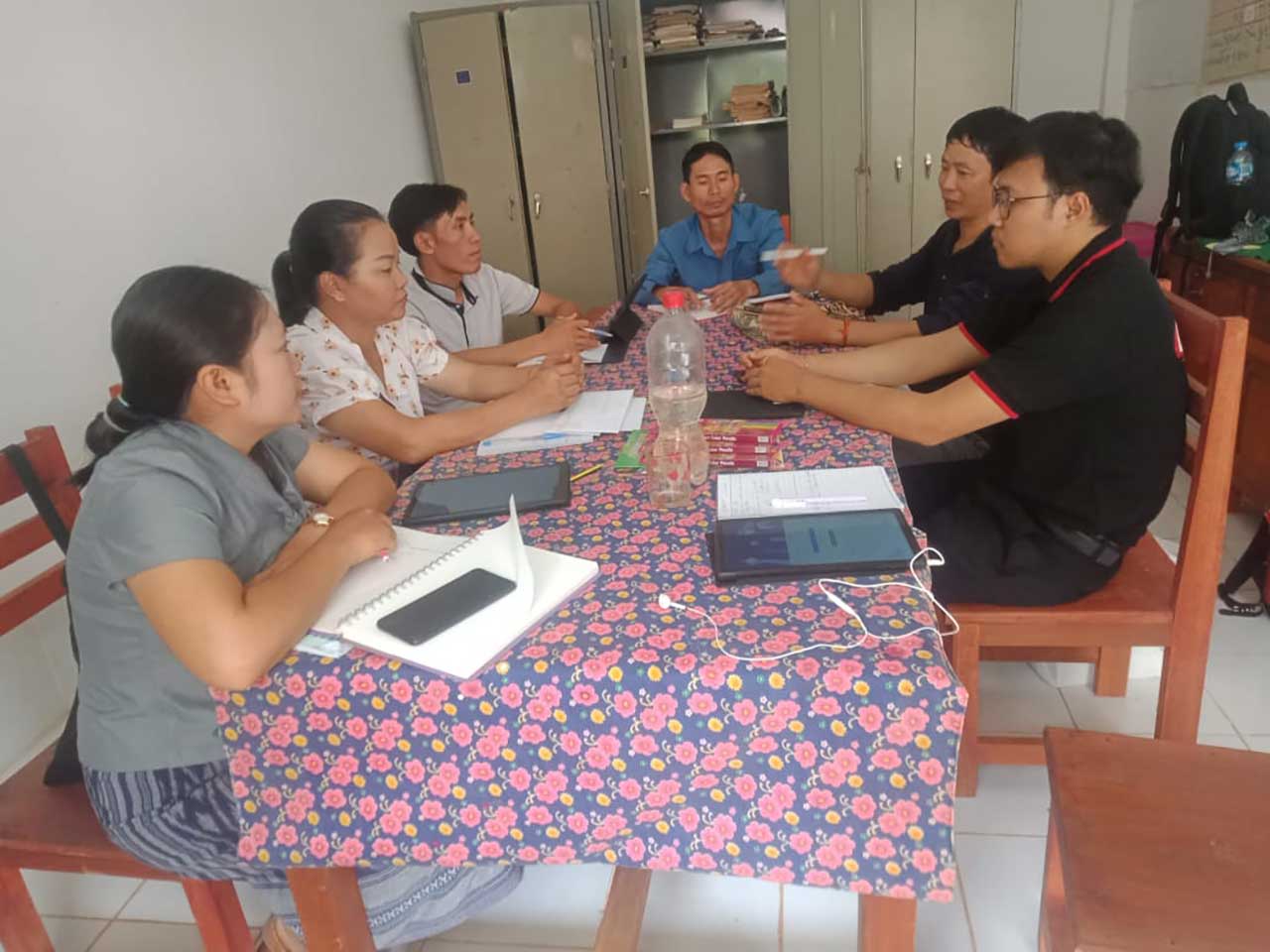
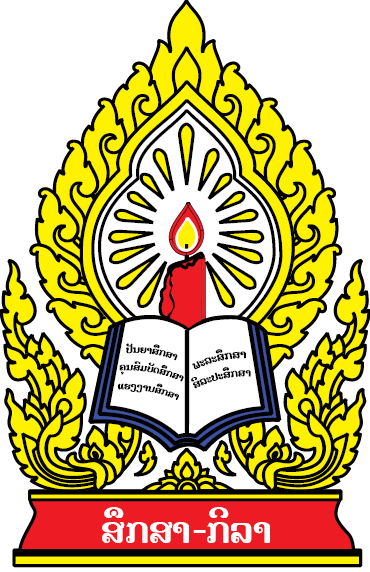
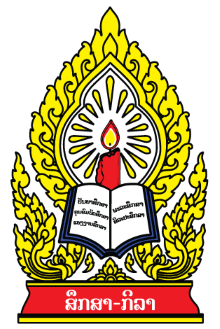


 ພາສາລາວ
ພາສາລາວ